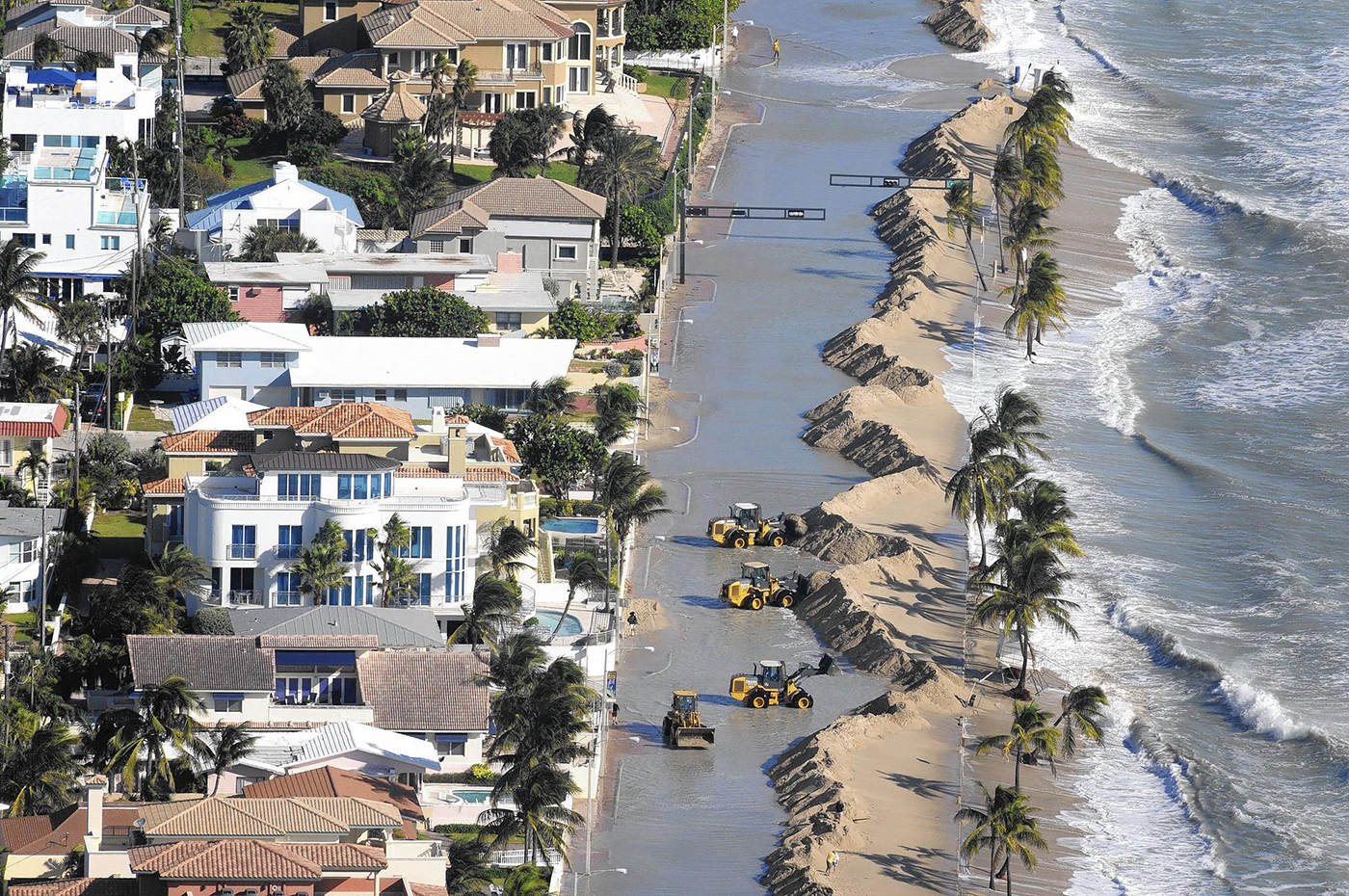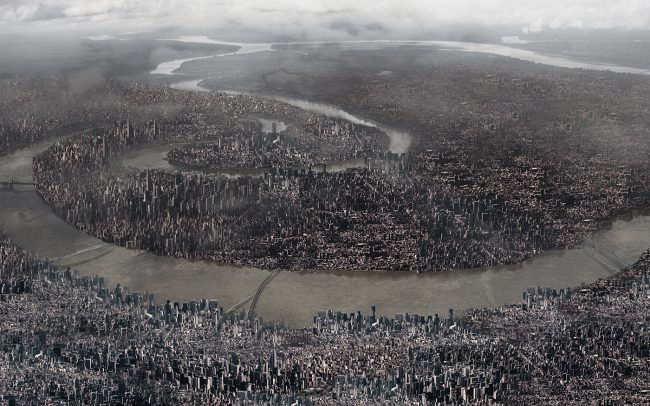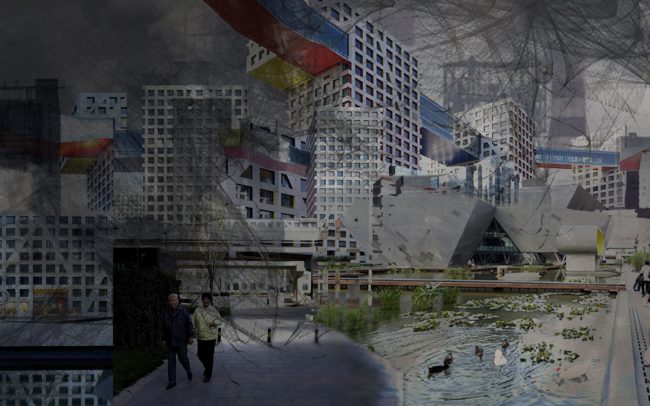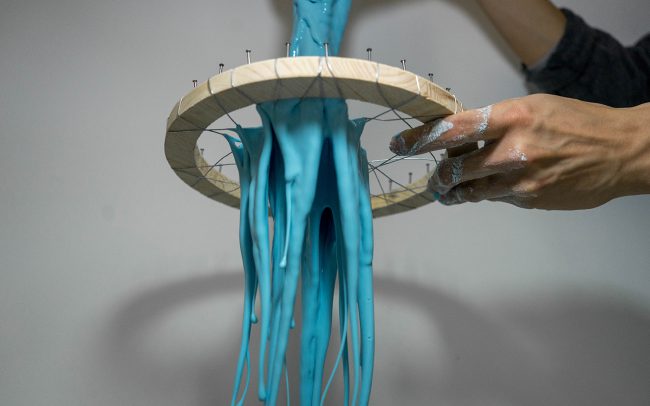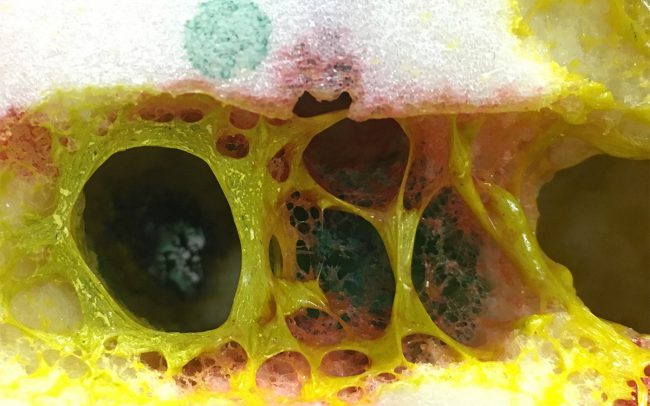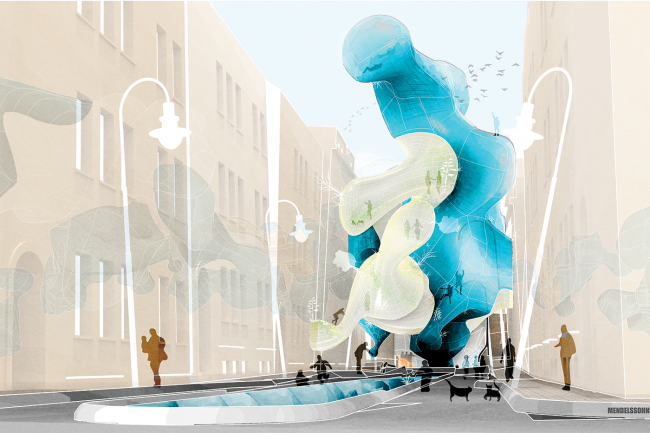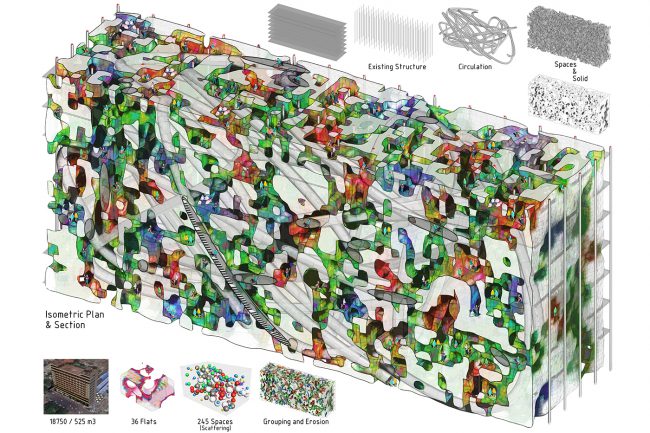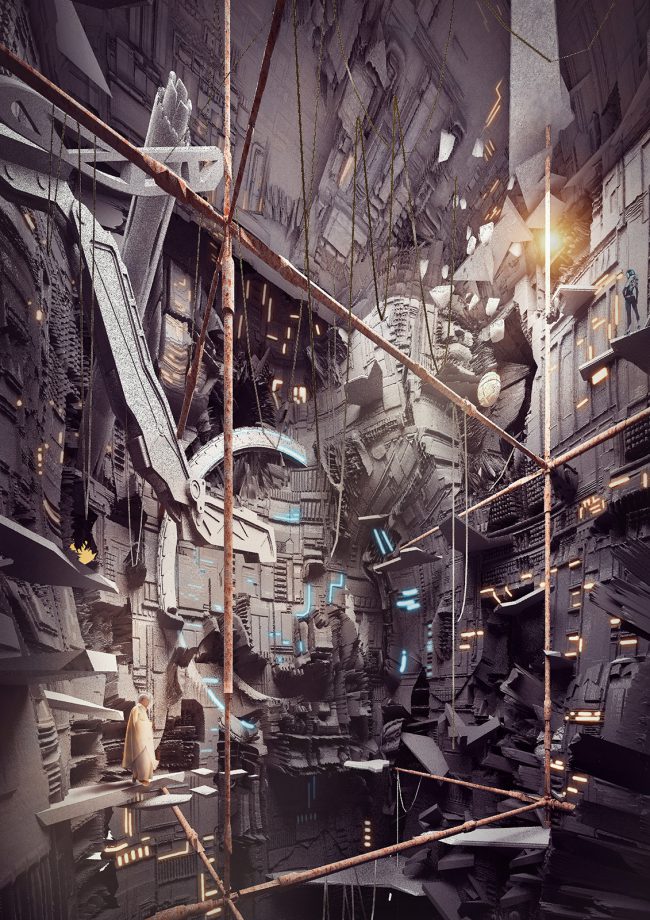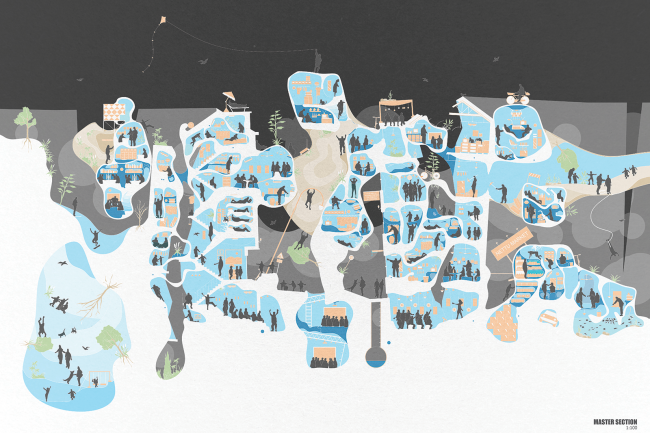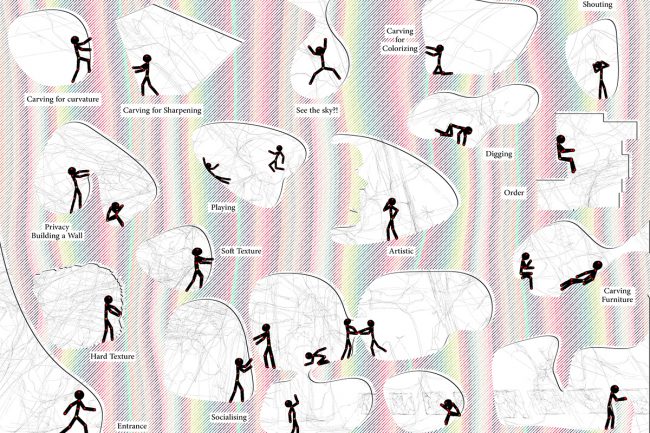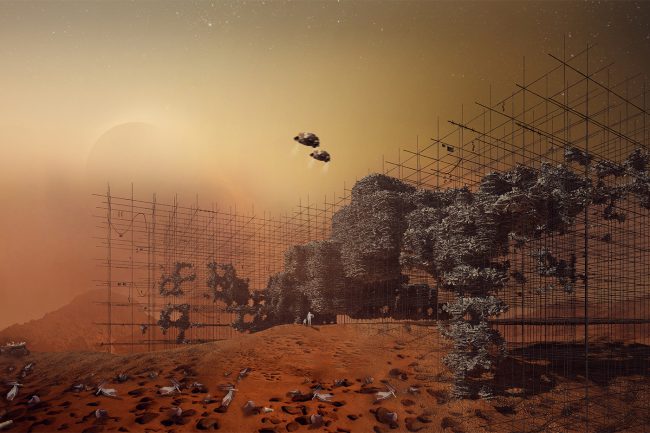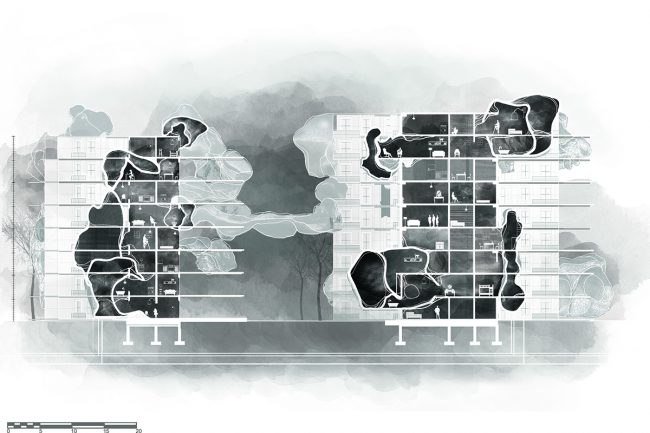a radically optimistic approach towards global change and architecture
“The humour of blaming the present, and admiring the past, is strongly rooted in human nature, and has an influence even on persons endued with the profoundest judgement and most extensive learning”
David Hume, 1777
The world is changing rapidly. At least that’s how it feels. Continuous technological innovation, disruptive scientific discoveries, and new products on the market liquefy the state-of-the-art and often provoke a sense of insecurity and powerlessness. Whilst the political and economical demand to regulate any type of development and likewise preserve the past keeps gaining disturbing momentum, change continues to propel and the question on how to address the uncertain becomes more and more pressing.
With such prospects, how can we develop new strategies that address globalization, ecological scarcities, techno-social connectivity and abundant technology? How do we design environments and experiences, which value young emerging generations who strive for independence, self-expression and the celebration of their individuality and diversity? And how can we overcome our affinity with the past and our belief that everything was better in the old days?
Unfortunately it’s precisely our propensity for preservation, which stimulates the common misbelief that change can only be answered by fighting it. We’re building fences against immigrants, dikes against rising sea levels and walls to conserve energy. Of course it’s important to retain values, heritage, culture and the foundations of society. It is important to pass these values on to our offspring and retain trust in their universality. Yet in times of change even the most substantial and commonly accepted principles need regular reconsideration, especially when it feels that most of what is done today is treating symptoms.
Interestingly nature has a much more dynamic approach towards change. Nature doesn’t build barricades but rather adapts and evolves. Nature flows and follows a path of minimal effort. Nature cherishes diversification as a means to learn and progress. So what if we played a game? What if we for once neglected our romantic attachment to the past? What if we treated global challenges not as problems but instead as opportunities from which something new, something surprisingly beautiful, can emerge: a new, a synthetic ecology.
These are the results of an experimental studio ran at the Dessau International Architecture Graduate School in fall 2016, which was an attempt to approach the unknown from a radically optimistic perspective. The course was organized into three phases. During the first part, the students, who worked in groups of two, performed extensive research into various contemporary tendencies, their cause, current state, and possible further progression, including air pollution, littering, deforestation, space exploration, depression and the rise of seawater levels. To conclude their findings they generated highly detailed imagery of speculative future scenarios, optimistically blurred visions of drastic global developments.
Whilst this was an incredibly difficult yet astonishingly liberating task a second track was opened, the detailed study of various material behaviors. Through hands-on experimentation the students explored the logic of particle aggregation, non-newtonian fluids, smoke, the growth of crystals or the chemical reaction of different substrates. This switch in between the macro and the micro level, in between theoretical speculation and practical exploration, allowed the students to project their abstract visions into physically graspable scenarios.
Finally each group was asked to synthesize both strains and translate their findings into architectural proposals, which were to be a response to the initially stated global opportunity and based on their material discovery. A particular task was to focus on the spatial and sensual experience of the user, on the atmosphere of their newly developed architecture within the context of a radicalized global phenomenon.
The results are hypothetical proposals of a future architecture, which encourage us to prosper within a yet unknown territory.


